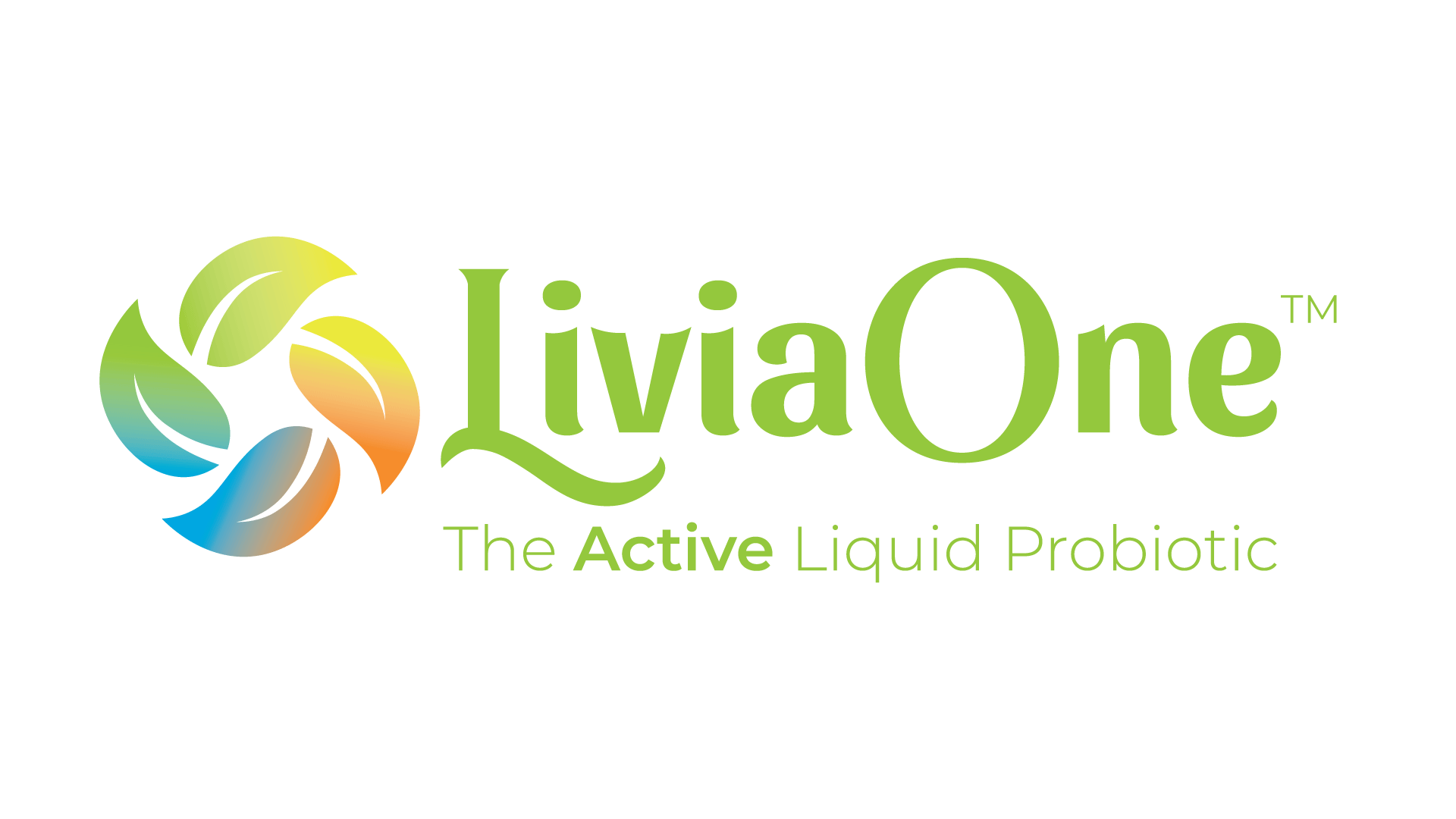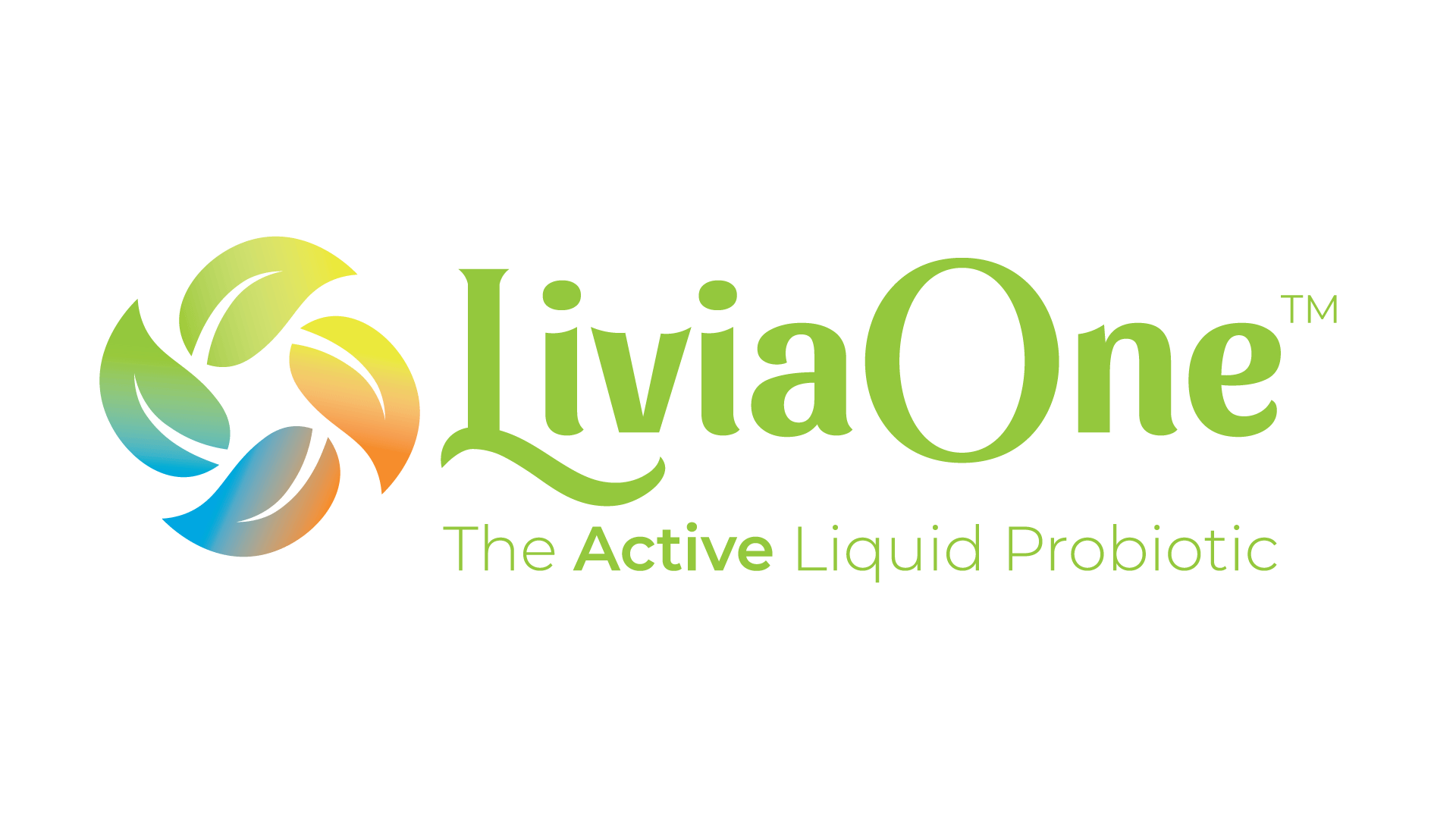Lactobacillus Brevis
Lactobacillus brevis is the binomial name denoting a strain of lactic acid bacteria. Food manufacturers rely on these bacteria's ability to ferment carbohydrates and contribute to the creation of desirable foods. Tasty results of the process include yogurt and sauerkraut. It was not until recent years that Lactobacillus brevis was recognized as a crucial member of the probiotic microorganisms that actively promote the health of the human gut. Yet did you know that Lactobacillus brevis can quite possibly save your life?
What is Lactobacillus Brevis and Where Can I Find It?
Lactobacillus brevi, also known as l. brevis, s is one of the beta bacteria (1) most commonly associated with the fermentation of vegetation, dairy and even sourdough. Its subsequent introduction into the human digestive system underwent close scrutiny and resulted in Lactobacillus brevis' addition to the group of probiotics.
Benefits Associated with Lactobacillus Brevis
Continuous clinical studies acknowledge that Lactobacillus brevis provides anti-inflammatory benefits to the human digestive system. A 2006 study (2) offered such convincing proof that oral ulcers associated with Behcet's syndrome could be controlled with the targeted supplementation of L. brevis, researchers strongly urged larger trials.
A 2009 publication (3) decisively ranks lactic acid bacteria of which l. brevis is one into the group of probiotics that evidence not only anti-inflammatory properties but also show anti-cancer activities. Digestion of these beneficial bacteria by test animals resulted in a marked suppression of colonic tumor formation and reduction of DNA damage.
Not All Lactobacillus Brevis Is Created Equal
Getting your daily dose of probiotics in general -- and Lactobacillus brevis in particular -- might lead you past the yogurt shelf of the dairy aisle. After all, with the potential benefits ranging from help with constipation over inflammatory bowel disease to even colon cancer, it stands to reason that ingestion of lactobacillus containing probiotics is a crucial aspect of continued health and wellbeing.
The trick to reaping all of the benefits probiotics have to offer is buying them when they are supplied as live cultures. Back in 1996, a study researching the effect of oral supplementation of Lactobacillus brevis (4) factored in live and also heat treated preparations. Consistent evaluation proved that heat treated cultures failed to provide any statistically significant beneficial outcomes, while live Lactobacillus brevis offered a statistically considerable benefit to human test subjects.
This of course significantly impacts the availability of beneficial Lactobacillus brevis to the consumer. If yogurt is not your passion and the sheer amount you would have to ingest for maximum health is more than you are willing to eat, oral supplementation is an attractive option. Utilizing the kind that contains live cultures of the probiotic is a key element. Another important consideration is the storage of the supplements. Unlike vitamins that generally do well on any pantry shelf, probiotics should be stored in a controlled cool environment that is dry and out of direct sunlight.
Is Lactobacillus Brevis Really Worth the Trouble?
You may be tempted to think that your overall dietary habits make supplementation with L. brevis unnecessary. Nothing could be further from the truth! Physicians recognize that following an antibiotics treatment for deadly Clostridium difficile infections with lactobacillus supplementation greatly increases the treatment's effectiveness and also prevents a disease specific setback. (5)
There are of course some potential contraindications that can make the supplementation with lactobacillus problematic. If you currently take medications especially immunosuppressive drugs make sure you discuss your intent to use Lactobacillus brevis ahead of time with your physician. The same holds true if you suffer from cancer, HIV or other diseases that greatly impact the immune system.
REFERENCES:
(1) Holzapfel, WH; Wood, Brian (editors). (1998). Genera of lactic acid bacteria (1st ed.). London Blackie Academic & Professional. P. 34.
(2) Tasli L, Mat C, De Simone C, Yazici H (2006). Lactobacilli lozenges in the management of oral ulcers of Behcet's syndrome.
(3) Ljungh A, Wadstrom T (editors) (2009). Lactobacillus Molecular Biology: From Genomics to Probiotics. Caister Academic Press. P. 153
(4) Kishi A, Uno K, Matsubara Y, Okuda C, Kishida T (1996). Effect of the oral administration of Lactobacillus brevis subsp. coagulans on interferon-alpha producing capacity in humans. http://www.ncbi.nlm.nih.gov/pubmed/8829098?dopt=AbstractPlus
(5) webmd.com/digestive-disorders/news/20080530/c-diff-epidemic-what-you-must-know?page=4
For more information:
 A complete description of probiotics, along with groundbreaking recent clinical research illustrating the many ways probiotics can prevent disease, can be found in Probiotics - Protection Against Infection: Using Nature's Tiny Warriors To Stem Infection. This new compendium from one of contributing authors of the content on this page, Dr. Casey Adams, PhD., takes the confusion out of selecting and supplementing with probiotics. Referencing over 500 scientific studies and reports, and with detailed instructions on how to make your own probiotic foods, this book is a must for anyone seeking to understand the power of probiotics, and improve their immunity and vitality. Click here for ordering information.
A complete description of probiotics, along with groundbreaking recent clinical research illustrating the many ways probiotics can prevent disease, can be found in Probiotics - Protection Against Infection: Using Nature's Tiny Warriors To Stem Infection. This new compendium from one of contributing authors of the content on this page, Dr. Casey Adams, PhD., takes the confusion out of selecting and supplementing with probiotics. Referencing over 500 scientific studies and reports, and with detailed instructions on how to make your own probiotic foods, this book is a must for anyone seeking to understand the power of probiotics, and improve their immunity and vitality. Click here for ordering information.
Please read this Disclaimer:
The contents of this site, such as text, graphics, images, information obtained from www.Probiotic.org licensors and other material ("Content") contained on this site is for informational purposes only. The Content is not intended to be a substitute for professional medical advice, diagnosis or treatment. Always seek the advice of your physician or other qualified health provider with any questions you may have regarding a medical condition. Never disregard professional medical advice or delay in seeking it because of something you have read on this site!

